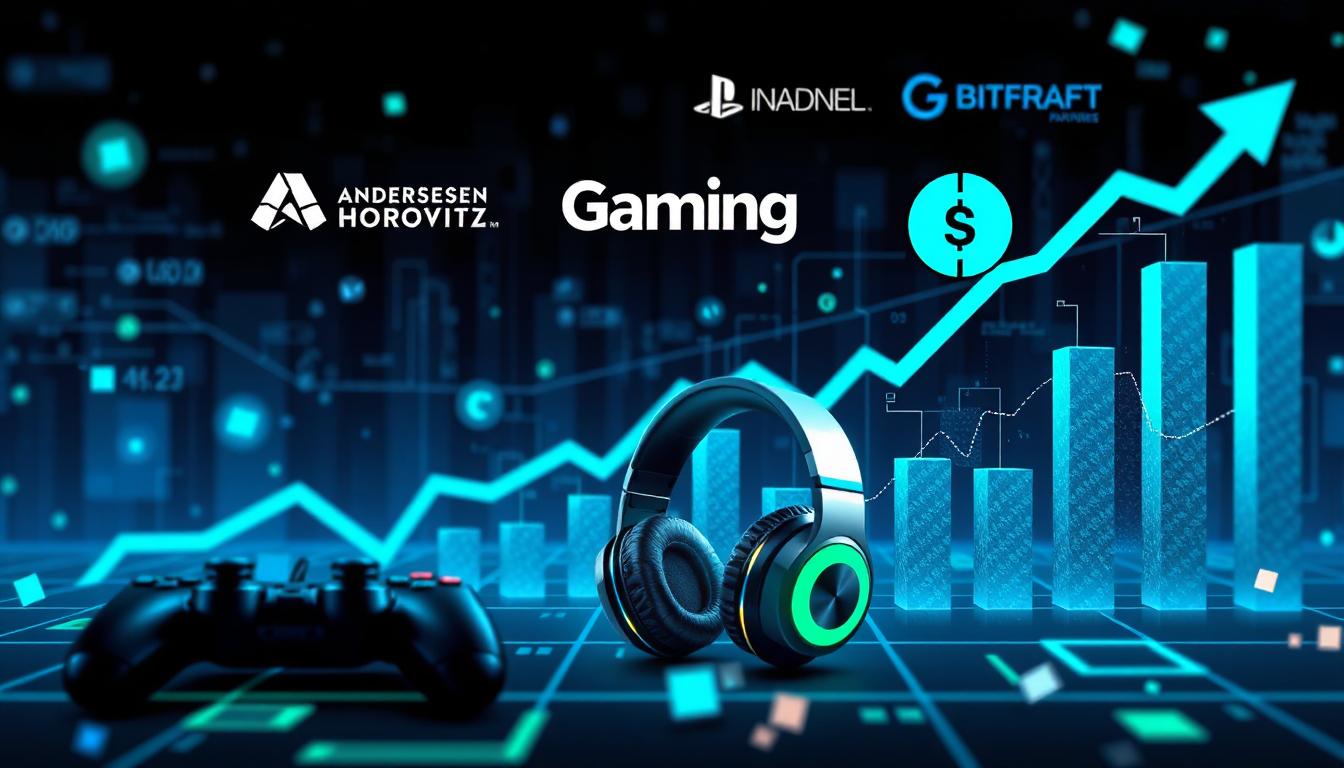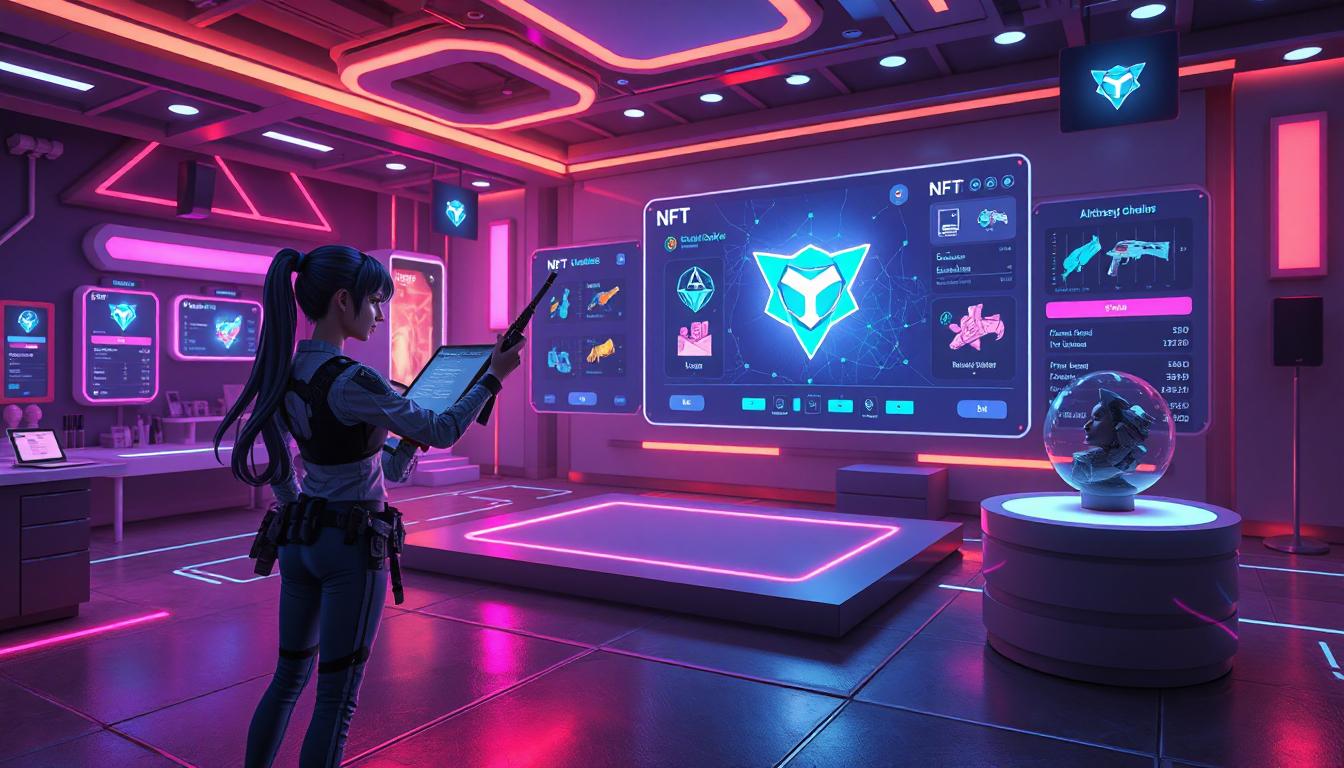The gaming industry is a highly dynamic and fast-paced market where innovation and creativity are essential for success. Investors in this industry face a significant challenge: balancing financial prudence with the need for groundbreaking ideas that capture the attention of players and the market.
Game development is one of the most expensive aspects of the industry, whether you’re an independent studio or a large corporation. The cost of developing a game can include everything from research and development to marketing and distribution. The complexity of the development process and the need for skilled professionals further add to the cost.
However, investors who are well-informed and strategic in their approach can navigate this market with confidence. They must have a deep understanding of the various costs involved in game development and be able to manage them effectively.
Read More:
NegativeFive Ventures Invests in Promising Game Studios UncoGames and Pumpkiny Games
This includes identifying the most critical expenses and allocating resources to optimize the return on investment. It also requires a clear vision of the target audience, the game’s unique selling points, and the competitive landscape. To be successful in the gaming industry, investors must be agile and adaptable, able to recognize emerging trends and act quickly. They must also be willing to invest in talent, technology, and marketing to create a compelling and memorable game that resonates with players. By staying current with industry trends and managing costs strategically, investors can confidently invest in this vibrant and exciting industry.
Game development is a complex and intricate process that involves a large team of professionals, including designers, developers, artists, writers, and testers. The cost of game development varies significantly based on the game’s scope, complexity, and the size of the studio. AAA titles, known for their high quality and immersive experiences, can cost anywhere from tens to hundreds of millions of dollars.
Meanwhile, indie games, while generally less expensive, still require substantial funding, particularly for marketing and distribution. Various factors drive high costs in game development, including technological advancements, labor expenses, marketing and distribution, and long development cycles. Technological advancements push studios to invest heavily in the latest hardware and software, including sophisticated game engines, advanced graphics, and AI technologies. Labor expenses are high due to the requirement of hiring skilled professionals in the gaming industry, especially in competitive markets. A significant portion of the budget goes into marketing campaigns and distribution strategies to ensure the game reaches its target audience.
Games often take years to develop, leading to extended investment periods before any return can be realized. Investors looking to invest in the gaming industry should have a deep understanding of the market dynamics and make strategic decisions. For example, investors can choose to invest in established studios with a proven track record, which often have efficient development processes and a loyal fan base. Focusing on niche markets can be less expensive and face lower competition. Diversifying investments across multiple projects or studios can help spread risks. Monitoring development progress can identify potential overruns early. Crowdfunding can be used for smaller projects to gauge market interest and supplement development funds.
In conclusion, the high development costs in the gaming industry pose significant challenges to investors. However, by having a deep understanding of the market dynamics, making strategic decisions, and investing in suitable projects, investors can turn these challenges into opportunities for substantial returns. Managing risks effectively, staying abreast of industry trends, and choosing the right investment strategies can help investors navigate these challenges and achieve success in the gaming industry.




